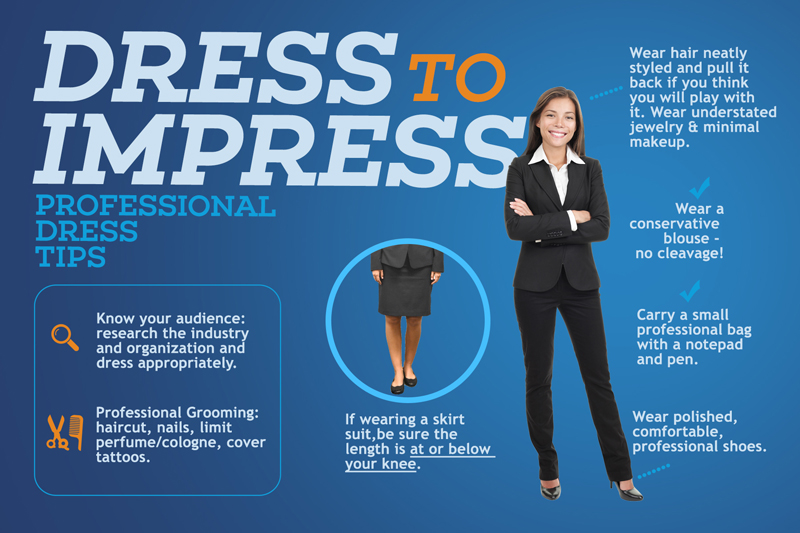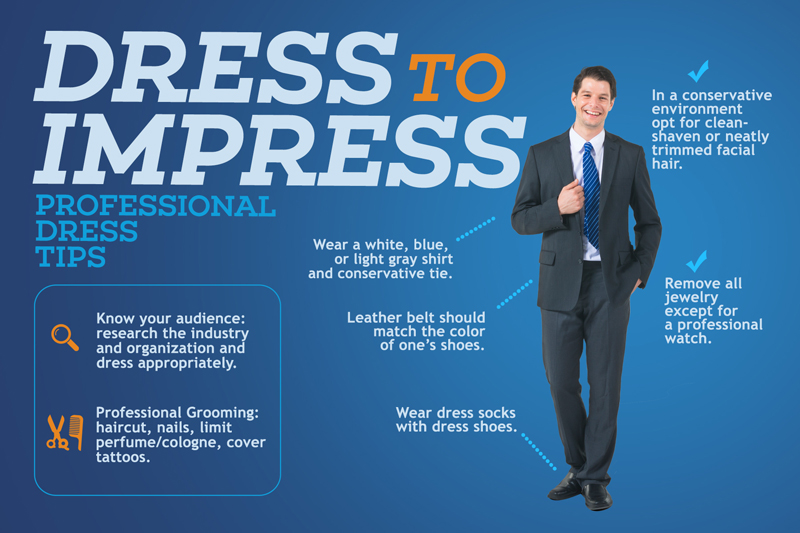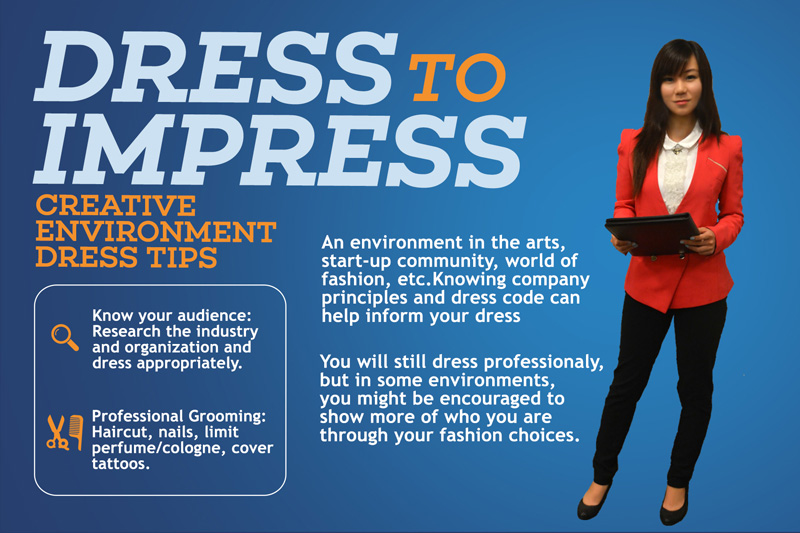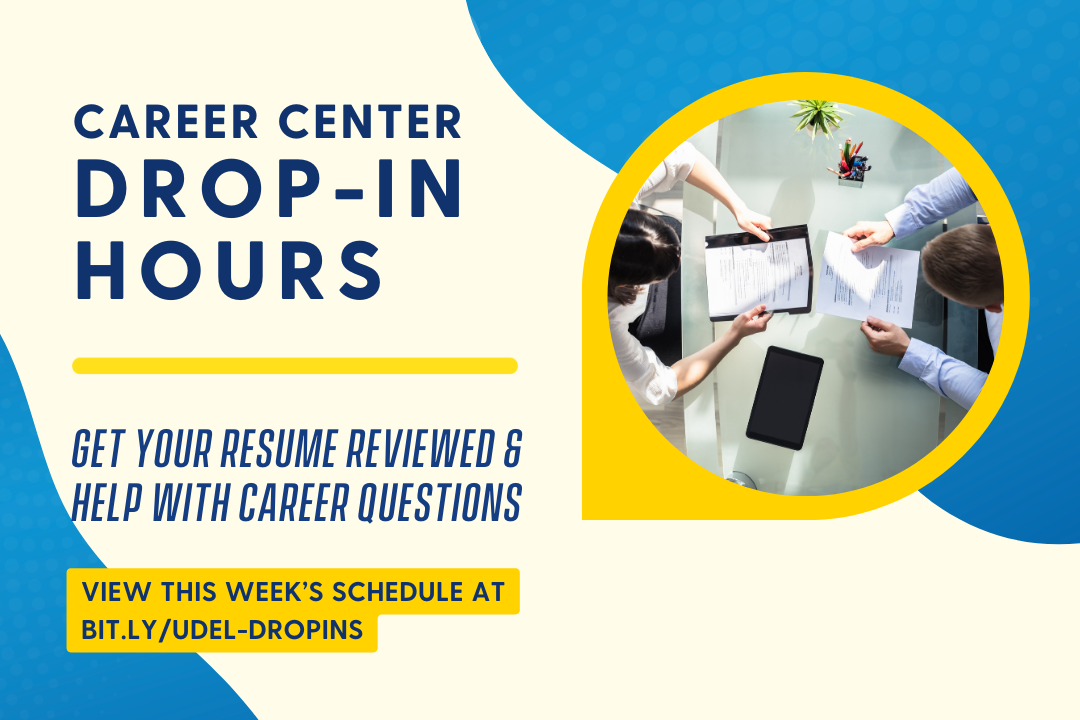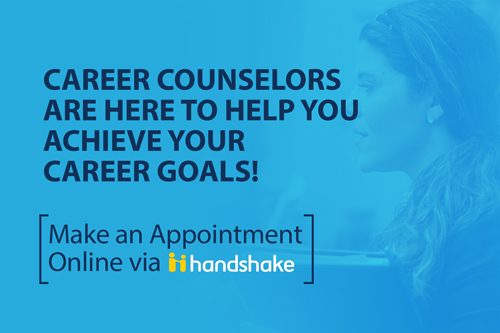
Interview & Negotiate

The Interview
Beyond the resume and cover letter, interviews help employers learn more about how your academic background, skills and experience match the requirements of a job opening. At the same time, employers are evaluating your communication skills and other traits to determine if you will fit with the organizational culture. You want to answer the employers’ questions competently, smoothly and professionally. You also want to use the interview as a means of learning more about the position and the organization to see if you would be happy and productive in the job. Remember that the interview is the main determinant of whether or not you receive a job offer. Preparation is the key!
REMEMBER TO:
- Research the organization and position.
- Review common interview questions.
■ Know how to appropriately answer them using examples and the STAR method.
■ Prepare your 30-second commercial to help you in answering the question “tell me about yourself.”
- Practice, Practice, Practice. Use Big Interview and/or participate in a mock interview with a career consultant.
- Dress for Success! Review tips for appropriate interview attire.
- Prepare a few questions to ask the employer.
- Confirm the address and the names of the people with whom you will be meeting, including the name of the person for whom you should ask upon arrival. Be sure to map out where you are going and account for traffic.
- If applicable, provide an ePortfolio during the interview process to showcase your abilities and qualifications to the hiring manager, as well as samples of your work.
INTERVIEW RESOURCES
FOR THE ORGANIZATION:
- Read through the company's website, social media platforms, press releases, and online reviews. Sign up for their newsletter, and set-up Google news alerts.
- Understand the following about the company
■ code of ethics, regulations, and rules
■ industry terminology
■ clients and revenue base Understanding the company’s non-discrimination policy (i.e. does it include sexual orientation, gender identity or expression, other identities that are not federally protected)
FOR THE POSITION:
- Re-read the position description
- Review the key qualifications for the position
- Review the assignments and projects associated with the position
- Review the soft skills emphasized (e.g. communication, leadership, time management, etc.)
- Tell me about yourself.
- What are your long- and short-range goals? How are you preparing to achieve them?
- What are three of your strengths and weaknesses?
- What failures have you experienced? What have you learned from your mistakes?
- What do you think makes a good manager?
- Why did you leave your past jobs?
- How did you become interested in this field/industry?
- How do you determine or evaluate success?
- Do you have plans for continued study?
- Tell me about a recent problem and how to solve it.
- What, if any, extracurricular activities have you participated in? What did you learn from them?
- Tell me about your leadership experience
INTERVIEW QUESTIONS DURING COVID-19 PANDEMIC:
- What have you learned about yourself during the pandemic?
- How are you handling your work-life balance during the pandemic?
- Give me an example of how you exercised leadership in a recent situation.
- Think about the changes you have seen and tell me how you handle change.
- Tell me about a decision you made recently and how you reached it.
- Tell me about a time when you were criticized and how did you handle it.
- Tell me how you use your communication skills, written and oral.
- Please tell me about a recent team you worked on. What was the outcome? What was your role?
- Tell me about a time when you were under a great deal of pressure. What was the source of the pressure and what did you do?
- What criteria are you using to evaluate the organizations for which you hope to work?
- What do you know about our organization?
- What do you see as the biggest challenge currently facing organizations such as ours?
- Why did you decide to seek a position with us?
- What two or three things are important to you in your job?
- How have your education and other experiences prepared you for this position?
- Do you think your grades are a good indication of your academic achievement?
- Why do you feel we should hire someone with your background?
- Describe two satisfying accomplishments.
- What unique talents would you bring to this position?
- Describe a contribution you made to the University of Delaware or in your last job.
TELEPHONE INTERVIEWS
Telephone interviews are becoming a major part of the interviewing process when applying for internships, part- and full-time jobs, and graduate school. Employers may use telephone interviews request additional information, set up a formal interview, reschedule a time or simply chat with an applicant to get a sense of their personality.
Telephone Interview Tips:
- Be ready 10-15 minutes in advance.
- Use the restroom in advance.
- Don’t eat or drink during the interview.
- Place your pets in a secure place where they cannot be heard over the phone.
- Smile while you are talking. This will “brighten” your voice.
- Review your application materials.
- Tape your resume, papers, notes, and documents to the wall for easy visible access.
VIDEO INTERVIEWS
Video interviews are a common first step in the interview process and are managed by employers through platforms such as HireVue, Google Hangout, Skype or Yello. Like phone interviews, they are often used as part of the initial screening process and an opportunity to get a sense of the applicant’s personality. It may also be the only interview for the position, particularly in long distance situations. This interview option involves a human interviewer on the other side of the computer screen and is different from the AI Interview process described below.
Video Interview Tips:
- Remember that the interviewer can see you! Set up your interview space: It is important to have a quiet, calm, professional looking space from which to conduct the interview. Double check what can be seen behind you in the video frame.
- Check to make sure there is a good internet connection. (Test your video connection prior to the interview)
- Dress as if you are in the same room with the interviewer.
- Prepare for your video interview by practicing questions and playing back your answers beforehand through Big Interview, the Career Center’s online interview preparation platform.
- Remember to make your key points! Look at your resume, and make sure to get in the points you think they most need to know about you. Think of examples of how you solved problems, showed initiative, or worked independently.
ARTIFICIAL INTELLIGENCE (AI) RECORDED INTERVIEWS
Getting a job increasingly requires going through a recorded interview on an AI platform, such as HireVue. AI, or algorithm-based interviews and assessments, are used by many employers to interview and assess large numbers of potential candidates more efficiently than they otherwise could with human interviewers. Candidates receive a series of pre-recorded questions and record their answers. The AI platform assesses a candidate’s skills and knowledge as well as word choice, tone, expression and attire when answering questions.
AI Interview Tips:
- You will typically be able to answer practice questions as many times as you would like before you record your interview. This will allow you to check your camera, lighting, background and sound prior to beginning your actual video introduction.
- Be expressive, speak clearly, use normal facial expressions, and keep in mind that companies look for keywords, so make sure to use language from the job description and the company website. Act just like you would if you were speaking to someone face-to-face, complete with eye contact, clear enunciation, and appropriate attire.
- Prepare for your video interview by practicing questions and playing back your answers beforehand through Big Interview, the Career Center’s online interview preparation platform.
- Additional tips on preparing for an AI Interview:
- How to Prepare for a HireVue Assessment (From the HireVue website)
- The Ultimate Guide to Preparing for Your AI Interview (From the Big Interview website)
IN-PERSON INTERVIEWS
Whether panel, group, or individual interview, always dress professionally, bring copies of your resume, practice interview questions prior to the interview, be punctual, make good eye contact, give good handshakes, and say "Thank you."
BEHAVIORAL INTERVIEWS
Behavioral interviewing is designed to reveal more in-depth information than other interviewing styles.
Behavioral interview questions generally start with any one of the following phrases:
• Tell me about a time when you…
• Describe a circumstance when you were faced with a problem related to…
• Think about an instance in which you…
• Tell me how you approached a situation where…
With this type of interview, you should expect a structured interview with set questions, as opposed to a more casual style of interviewing. You will oftentimes receive questions with multiple parts or follow-up questions that probe for more details and attempt to evaluate the consistency of your answers.
THE STAR METHOD
The STAR method is a structured manner of responding to a behavioral interview question by discussing the specific Situation, Task, Action, and Result of the situation you are describing.
Situation: Describe the situation that you were in or the task that you needed to accomplish. You must describe a specific event or situation, not a generalized description of what you have done in the past. Be sure to give enough detail for the interviewer to understand. This situation can be from a previous job, from a volunteer experience, or any relevant event.
Task: What goal were you working toward?
Action: Describe the actions you took to address the situation with an appropriate amount of detail and keep the focus on YOU. What specific steps did you take and what was your particular contribution? Be careful that you don’t describe what the team or group did when talking about a project, but what you actually did. Use the word “I,” not “we” when describing actions.
Result: Describe the outcome of your actions and don’t be shy about taking credit for your behavior. What happened? How did the event end? What did you accomplish? What did you learn? Make sure your answer contains multiple positive results.
QUESTIONS TO THINK ABOUT IN DEVELOPING YOUR 30-SECOND COMMERCIAL:
1. What is your career goal? (usually in the form of doing something for someone)
2. What skill, strength, or experience do you have that would help you realize that goal?
3. What accomplishment proves you have that skill, strength, or experience?
4. What are you searching for in a job or internship?
5. How can you immediately benefit the organization?
TEMPLATE FOR 30-SECOND COMMERCIAL:
“Hello, I am ____________________.”
[State Your Full Name]
“I am a ______________________________.”
[Job Title, Profession, or Major]
“I am planning on using my skills and experience as a _________________.”
[Career Goal]
“With extensive experience in __________________________________.”
[Types of Work Skills or Experience]
“My background includes __________________________.”
[e.g. working as a research assistant in the Psychology Department].
“My unique qualities are ___________________.”
[Describe Qualities]
“I am interested in learning more about how my skills can be an asset to you and your company.”
Set up your Big Interview account for access to:
- Video lessons
- Interview Playbooks
- Answer builder
- Industry and competency/skill-based questions
- Much, much, more!
Introduction to Big Interview: youtube.com/watch?v=HSsPgVfQs4E
Dress professionally for the gender you would like to be seen as, and share your pronouns if you feel comfortable doing so. Some candidates may also opt to dress in a gender-neutral way.
DO:
Ask about first assignments and priorities for the position
Ask about job progression in the organization
Ask about the office environment and company culture
Ask about the next steps in the interview process
DON'T:
Don't ask about salary or benefits
Don't ask about job pressures, overtime, or morale
Don't ask questions that are answered in the company literature
Don't ask about vacation time
After the interview, it is important to write a thank you note to the interviewer(s) to acknowledge the meeting, reiterate important points you made in the interview, or provide information you forgot to mention. This letter also shows your organization and professionalism. This may be done via email or with a handwritten card.

NEGOTIATING A JOB OFFER
KNOW:
- The skills, talents, and experiences you bring to the employer.
- A salary range based on research of comparable position compensation and how much you need to survive financially.
EXAMINE THE TOTAL COMPENSATION PACKAGE, INCLUDING THE FOLLOWING:
- Benefits (healthcare, disability, retirement, vacation, etc.)
- Training Opportunities
- Education Advancement
- Professional Advancement
- Other perks (car, phone, laptop, remote work, flexible work hours, etc.)
UNDERSTAND WHAT YOU CAN NEGOTIATE AND WHAT IS NON-NEGOTIABLE:
- Typical - salary, start date, vacation, education, training, expenses, and equipment.
- Possible - non-standard vacation, office space, work location, work hours, relocation expenses.
- Generally Non-negotiable - 401K, pension, bonus, vacation increases based on years of services, medical coverage, overtime compensation policies.
Once you and the employer have come to a mutual agreement for the terms of the job offer, you will want to make it official
- Accept the offer verbally.
- Have the offer presented to you in writing and proofread the offer.
- Accept an offer for full-time position or internship in good faith, with the full intention of honoring your commitment. Please understand that reneging on your acceptance of a job offer is discourteous and may have future consequences.
Please be sure to abide by both the Applicant Conduct Policy and the Job Offer Policy for the university.
IDENTITY-BASED RESOURCES:
The UD Career Center is part of the Division of Student Life, which advances equity and inclusion, deepens student learning and drives holistic development through education, experiences and communities.

